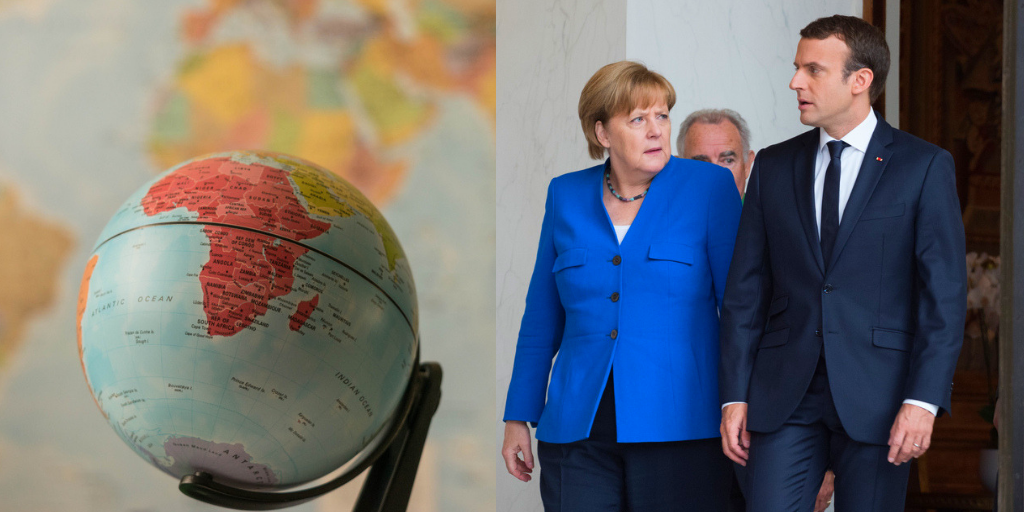
Practical information
As demonstrated by the current negotiations over the new European Africa strategy, 2020 is a milestone for the relationship between the two continents.

Several initiatives have been undertaken since 2017, stressing the growing significance of Africa in the German foreign policy. France, too, aims at maintaining its strong links with the African continent, given their historical relationships, e.g. through its partnership with the G5 Sahel-states. France and Germany are leading different initiatives in this crisis zone (e.g. the Alliance Sahel). The security question is one among numerous topics of the Africa-Europe-relationships, about which Germany and France aim to strengthen their exchange.
Since 2014, the Friedrich-Ebert-Foundation (FES), the German Development Institute (DIE) and The French Institute of International Relations (Ifri) have been organising a dialogue about the Africa policies of France and Germany. Several meetings were held alternatively in Germany and France: in November 2014 in Paris, in June 2017 in Berlin and in November 2018 in Paris. Given the current sanitary restrictions, the three organisations decided to hold this year’s meeting via videoconference on September 7, 2020.




